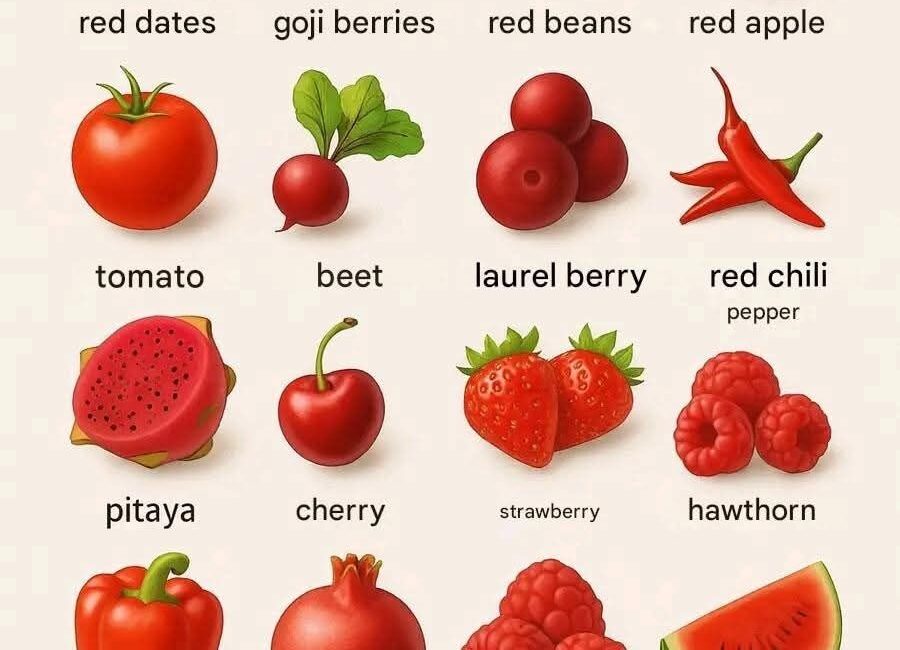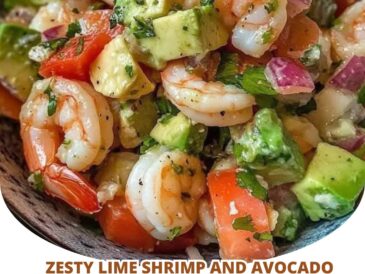Heart disease remains the leading cause of death worldwide, yet many cases can be prevented or managed through diet and lifestyle. Among the most effective natural strategies to protect and strengthen your heart is the incorporation of specific red foods. These vibrant, nutrient-rich foods are loaded with antioxidants, fiber, vitamins, and minerals that synergistically work to promote cardiovascular wellness.
In this comprehensive guide, we’ll explore a variety of red foods—from fruits to vegetables and legumes—that contribute to heart health, detailing their unique benefits and explaining how they help reduce risks like high blood pressure, bad cholesterol, inflammation, and arterial damage.
Why Focus on Red Foods for Heart Health?
The color red in fruits and vegetables often signals the presence of powerful phytochemicals like lycopene, anthocyanins, and flavonoids. These compounds exhibit potent antioxidant and anti-inflammatory properties crucial for combating oxidative stress, a key factor in heart disease progression.
Additionally, many red foods contain significant amounts of fiber, vitamin C, potassium, and plant-based proteins, all of which play vital roles in maintaining healthy blood vessels, regulating blood pressure, and lowering harmful cholesterol levels.
Incorporating a rainbow of red foods into your diet is a delicious and effective way to nurture your heart.
1. Red Apple: Fiber and Antioxidants for Cholesterol and Blood Pressure Control
The humble red apple is much more than a crunchy snack. It is a powerhouse of soluble fiber (pectin) and antioxidants such as quercetin and polyphenols.
Benefits for the Heart:
- Lowers LDL (“bad”) cholesterol: Pectin binds cholesterol in the digestive tract, reducing its absorption.
- Regulates blood pressure: Potassium and flavonoids help relax blood vessels and reduce hypertension.
- Reduces oxidative stress: Antioxidants neutralize free radicals that can damage arterial walls.
Research consistently shows that regular apple consumption is linked to decreased risk of coronary heart disease.
2. Red Bell Pepper: Vitamin C and Beta-Carotene for Vessel Strength and Oxidative Defense
Red bell peppers are among the richest sources of vitamin C—a nutrient essential for the production of collagen, which maintains the structural integrity of blood vessels.
Key Heart Health Effects:
- Supports blood vessel elasticity: Vitamin C and beta-carotene promote strong, flexible arteries.
- Combats oxidative damage: These antioxidants reduce inflammation and protect endothelial cells.
- Lowers inflammation: Chronic inflammation contributes to atherosclerosis; red peppers help counteract this.
Including red bell peppers in salads, stir-fries, or roasted dishes is a tasty way to fortify cardiovascular function.
3. Tomato: Lycopene’s Role in Preventing Arterial Plaque and Protecting Vessels
Tomatoes are a rich source of lycopene, a carotenoid pigment responsible for their deep red hue and a potent antioxidant linked to heart protection.
Heart-Supportive Properties:
- Reduces arterial plaque buildup: Lycopene inhibits LDL cholesterol oxidation, preventing plaques.
- Enhances endothelial function: Improves nitric oxide availability, helping arteries dilate.
- Decreases blood pressure: Lycopene and potassium help maintain healthy pressure levels.
Cooking tomatoes (e.g., in sauces) can increase lycopene bioavailability, amplifying heart benefits.
4. Cherry: Anti-inflammatory Support for Heart Rhythm and Function
Cherries, particularly tart varieties, are loaded with anthocyanins and other antioxidants with potent anti-inflammatory effects.
Cardiovascular Benefits:
- Regulates heart rhythm: Certain bioactive compounds may stabilize cardiac electrical activity.
- Reduces inflammation: Helps lower markers like C-reactive protein (CRP), which is associated with heart disease risk.
- Supports overall cardiac function: By reducing oxidative stress and inflammation, cherries improve heart muscle efficiency.
Fresh or dried cherries can be enjoyed as snacks or added to cereals and salads.
5. Strawberry: Enhancing Artery Health and Lowering LDL Cholesterol
Strawberries are a delicious source of polyphenols and vitamin C, with studies showing their ability to improve lipid profiles.
Effects on Heart Health:
- Improves endothelial function: Increases vasodilation and blood flow.
- Lowers LDL cholesterol: Reduces oxidation and prevents plaque formation.
- Reduces blood pressure: Flavonoids support vascular relaxation.
Consuming strawberries regularly is associated with decreased cardiovascular events.
6. Watermelon: Citrulline for Vessel Relaxation and Blood Pressure Reduction
Watermelon contains citrulline, an amino acid that boosts nitric oxide production in the body, leading to vasodilation.
Benefits:
- Relaxes blood vessels: Improves circulation and reduces hypertension.
- Anti-inflammatory properties: Helps lower systemic inflammation contributing to heart disease.
- Supports hydration: High water content aids in maintaining healthy blood volume and flow.
A refreshing and hydrating fruit, watermelon is ideal during warm months for cardiovascular support.
7. Beetroot: Nitric Oxide Booster for Better Circulation
Clique sur page 2 pour suivre




